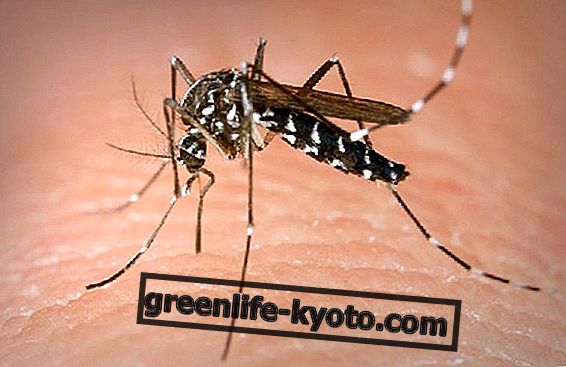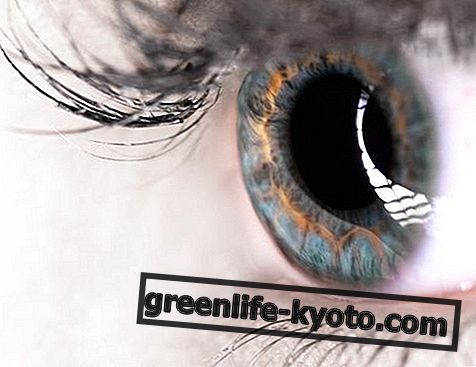
Nutrition and body weight between dietology and psychology
The return of spring, the more frequent physical-sports activities and the approaching of summer push a growing number of people to come to terms with their own bodies and with any, or presumed, excess pounds.
The idea of some to resort to a dietary advice is the most common consequence, others instead rely on their own resources and launch into diets of various types.
Given that it is certainly positive to keep under control what you eat and drink, avoid poor quality food, vary the vitamin and protein intake appropriately, try to limit drinks with too many sugars and additives, it is also true that such actions often diminish gradually over time, after an initial phase of enthusiasm you let yourself go, many consult in sequence several consultants in the hope of receiving formulas "fast, extremely effective and if possible not very demanding".
This is not only unrealistic, but overlooks some fundamental aspects of eating behavior. In fact, if no one now consults a dietician for anorexic or bulimic disorders or for eating disorders characterized by strong irregularities, the same is not true for those alterations that are less obvious but just as important as food intake in compensatory mode for situations of stress or anxiety, alterations in the sense of appetite and satiety, the inability to maintain constant some food choices, hypercriticalism towards one's own bodily characteristics, and other connectable situations.
In fact, various food irregularities are the expression of induced psychological choices or secondary psychosomatic reactions or substitutes for other rejected behaviors. These are manifestations and effects that are not necessarily similar to real disorders, but certainly connected to character traits, interpersonal or social situations, moments of crisis, states of tension and stress.
If proper nutrition must become a lifestyle, as the WHO also claims, it is clear that a lifestyle does not correspond to a simple prescription of "better" or "to avoid" foods but to a small mental and psychological revolution . This suggests not only to use the dietician but also the psychosomatic and psychological consultant.
At international level, the major bodies are moving to call attention to food issues . On 1 April 2016, the United Nations (UN) General Assembly approved a resolution proclaiming the 2016-2025 period as the "Decade of Action on Nutrition".
The resolution aims to initiate actions to eliminate hunger and malnutrition worldwide, but also to promote healthy and sustainable eating habits to stop obesity. The WHO (World Health Organization), which does not neglect the food aspects, has released little encouraging data: in 2014 almost 2 billion adults in the world were found to be overweight, and 462 million underweight.
The picture is completed with more than 600 million obese people, 528 million women suffering from anemia caused by food, 41 million children under five overweight or obese, 159 million children suffering from slowed growth, and 50 million of children too thin for their height.
It is worth remembering that some forms of obesity have a clear genetic component, for which the diet produces limited effects, and that obesity becomes a social problem essentially due to the comorbidity that it can be associated with :
> diabetes
> hypertension
> some respiratory diseases
> osteo-articular and musculoskeletal problems
> some metabolic syndromes, up to a greater onset of some tumors.
On the other hand, if some body constitutions are less long-limbed than others, more "robust", as we often say, this does not determine specific risks or pathologies and the desire to change sees the aesthetic need prevail.
Pretending to be all homologated to the optimal body model sometimes becomes a forcing dictated by cultural models and psychological anxiety to appear in line with such models, rather than by real needs for physical well-being. Here the border often becomes weak and the mental well-being, self-esteem and other psychological and behavioral mechanisms rarely managed only with diets.
The origin of the Greek word Diet ( δίαιτα) had moreover the broader meaning of "way of life".












